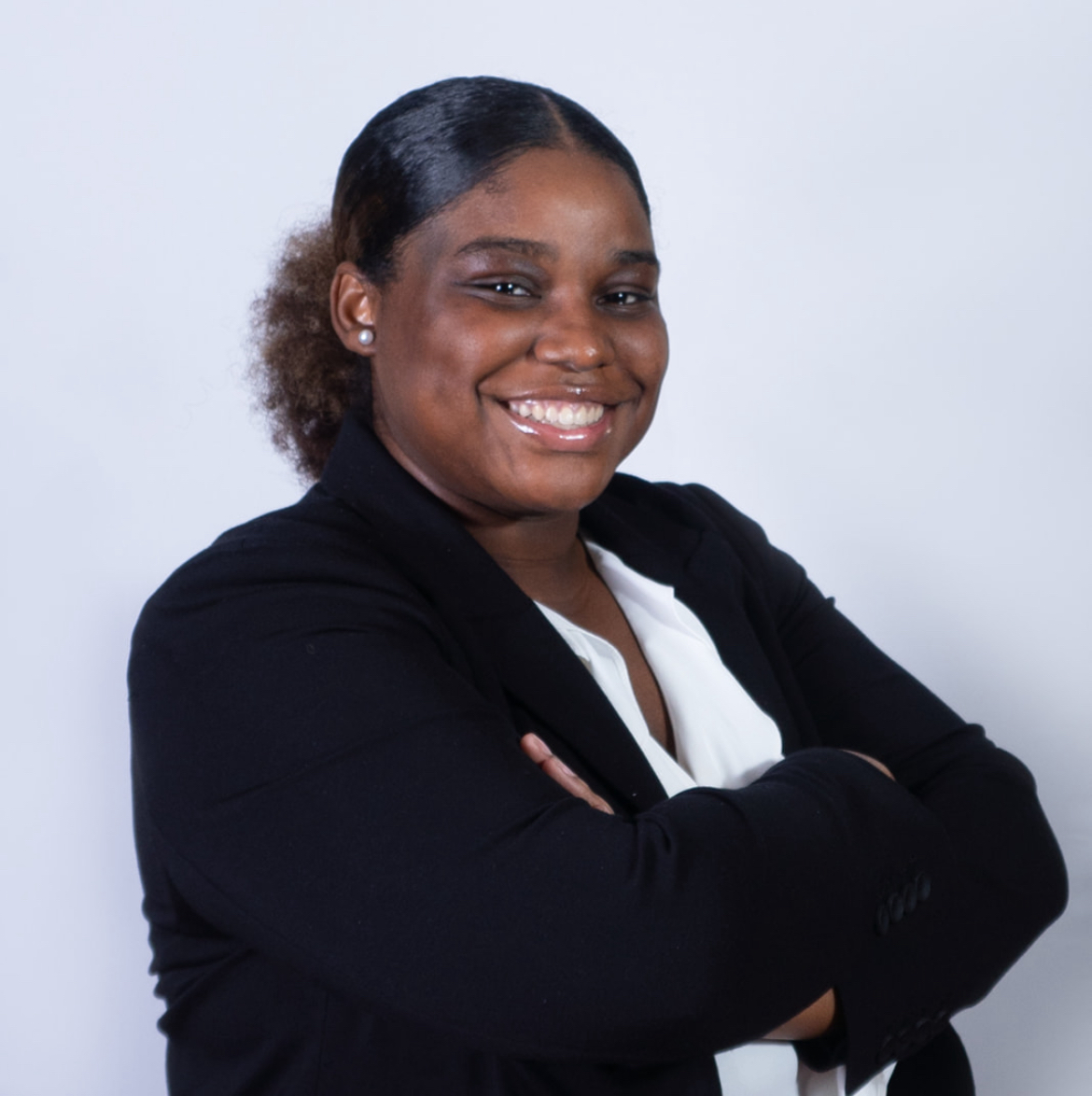Beyond the Womb: Stewarding Black Health as Resistance
- Adrianna C. Morton

- Oct 21, 2025
- 3 min read
In honor of Breast Cancer Awareness Month & Black Motherhood
Growing up, the bathroom was a central space for conversation and learning. As one of four sisters fairly close in age, we always had something to discuss, whether it be media discourses or mundane conversations around hair, makeup, and other aesthetic choices. It was also the birthplace of several significant milestones, like my first ponytail styled by my father, the first time braiding my own hair, and even significant health scares. The bathroom was and still is a sacred space in my family, so when I first noticed a glaringly pink infographic hanging from my parents’ shower faucet, I couldn’t help but ask what and why. As I leaned in closer to see what it was for, I discovered it was for my mom to conduct breast exams. My immediate responses were fear and panic, as my grandmother is a survivor of breast cancer. Though my fear was misplaced in the moment, it was a prologue to news I would receive during the onset of the COVID-19 pandemic; my mom was diagnosed with breast cancer. This news of cancer diagnoses would soon run rampant throughout my maternal and paternal families, with 6 members receiving a cancer diagnosis, conversations of palliative care, and, eventually, funerals after family members succumbed to the illness. What was once a conversation about the dangers and paralyzing fear of cancer became a larger discussion of death, eulogy, and stewarding health narratives.
My mother modeled this by using transparency as a form of care. It’s no secret that Black and other minority communities of color don’t often share their health experiences with one another (citation). I have seen this manifested throughout my family as a form of emotional safeguarding, reserving transparent dialogue around their material realities to adults who could “handle them” or those living through similar circumstances.
Like the pink infographic, etched into my memory, there was a level of resistance in the legacy of concealment that has, in some ways, been used as a survival tactic, and, in other ways been potentially detrimental to our family. Given that most Black people face a higher chance of advanced-stage or late-stage cancer diagnosis, leading to higher mortality rates in areas like breast and cervical cancer, conversations around health were paramount (CDC, 2025). This kind of memory work and counter-storytelling is a vital reminder of the role that Black mothers and birthgivers pass down play in preserving the agency over health knowledge at an early age; a reminder of the distinct and critical role of stewarding Black women’s health narrative beyond the colonization of the Black female body in hospitals, doctor's offices, and, ultimately, beyond the Black womb, and beyond the grave.
In part, my interest in establishing myself within the reproductive and birthing justice framework is with the intent to reinforce the importance of reimagining the Black body through counter-storytelling and conversation as racial healing. The most powerful thing my mother did for me and my sisters as a child was inquiring, informing, and sharing the conversation of health and wellness. I am fortunate enough to have her still here and to learn from her memory how she has remained in the know regarding the health of our family. Yet, even if she weren’t here, there would perhaps remain a knowledge of our health needs within the ways that the Black family honors/eulogizes Black life. I feel this work embodies the ethos of the SUPERNOVA Lab as a space that is concerned with voice and advocacy through an interdisciplinary and Black feminist framework and theories to understand the public health scene. As such, the conversations of Black maternal health can be witnessed and discussed in tandem with biological, gender studies, sociology, and humanities disciplines, creating a full picture for qualitative and quantitative study.
Recently, I joined the 2025 cohort of the Mellon Mays Undergraduate Fellowship, exploring questions around medical discourses within contemporary media portrayals of Black women. My vision for this project is in part concerned with the memory work I describe above in discerning whether there is an absence or presence of narratives related to Black women’s historical and contemporary sociomedical presence in television media portrayals. Eventually, I hope to explore Black women and birthgivers’ awareness of certain historical discourses pertaining to the Black female body, a tool for disseminating resources to Black communities as a form of racial healing, and influencing policy and community work around Black women’s reproductive and birthing justice.
Citations:
Centers for Disease Control and Prevention. (2025). Cancer and African American people. U.S.
Department of Health and Human Services. https://www.cdc.gov/cancer/health-equity/african-american.html

Comments